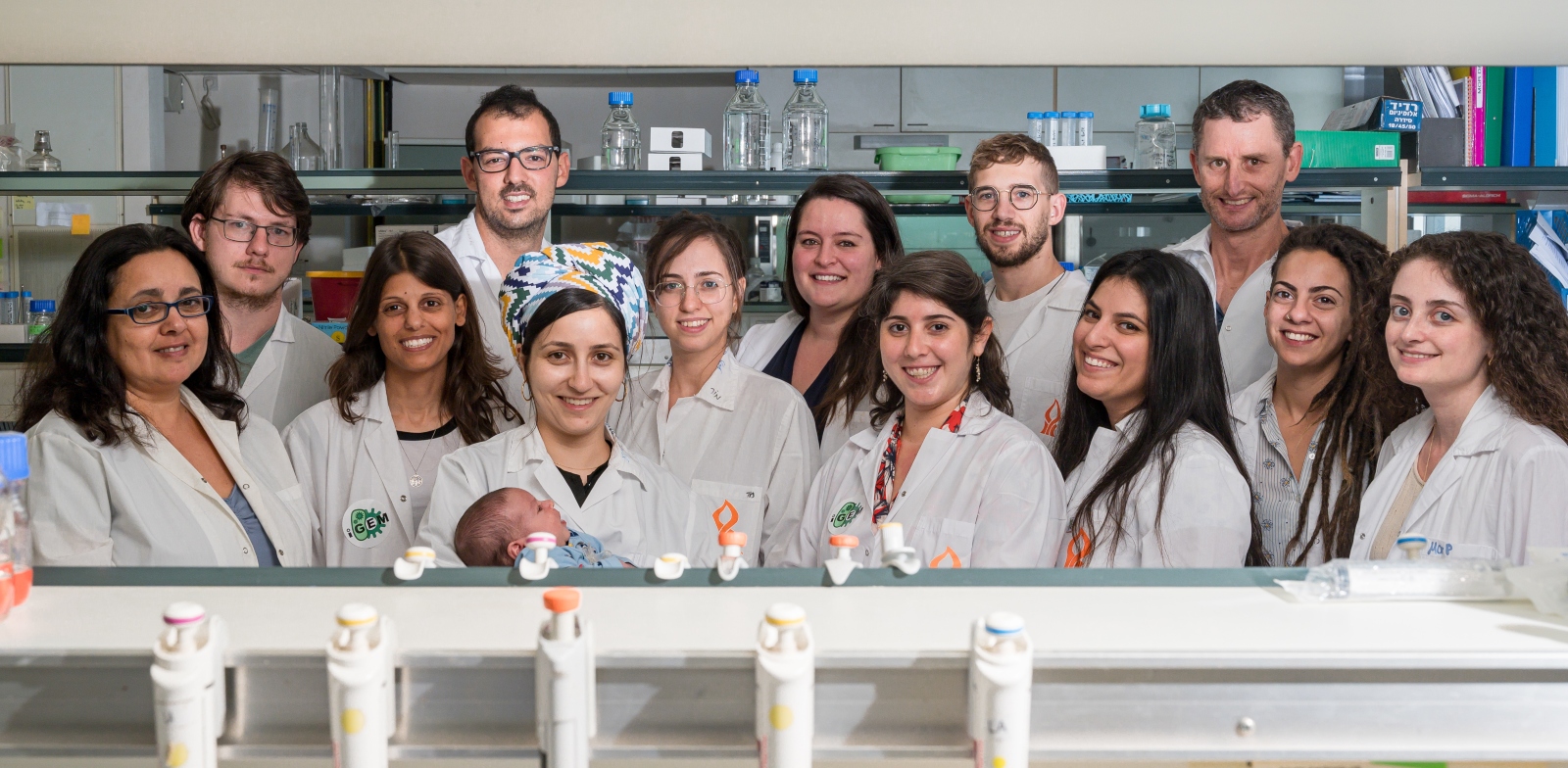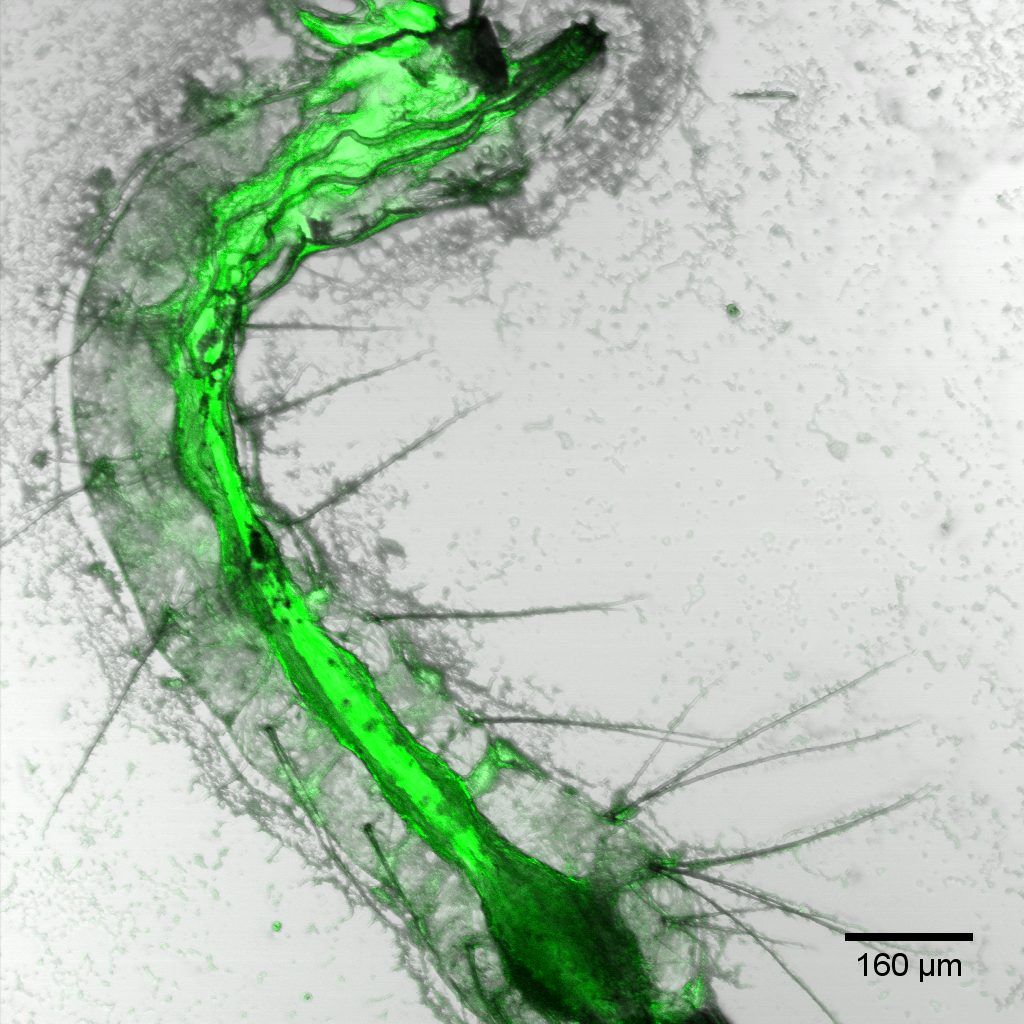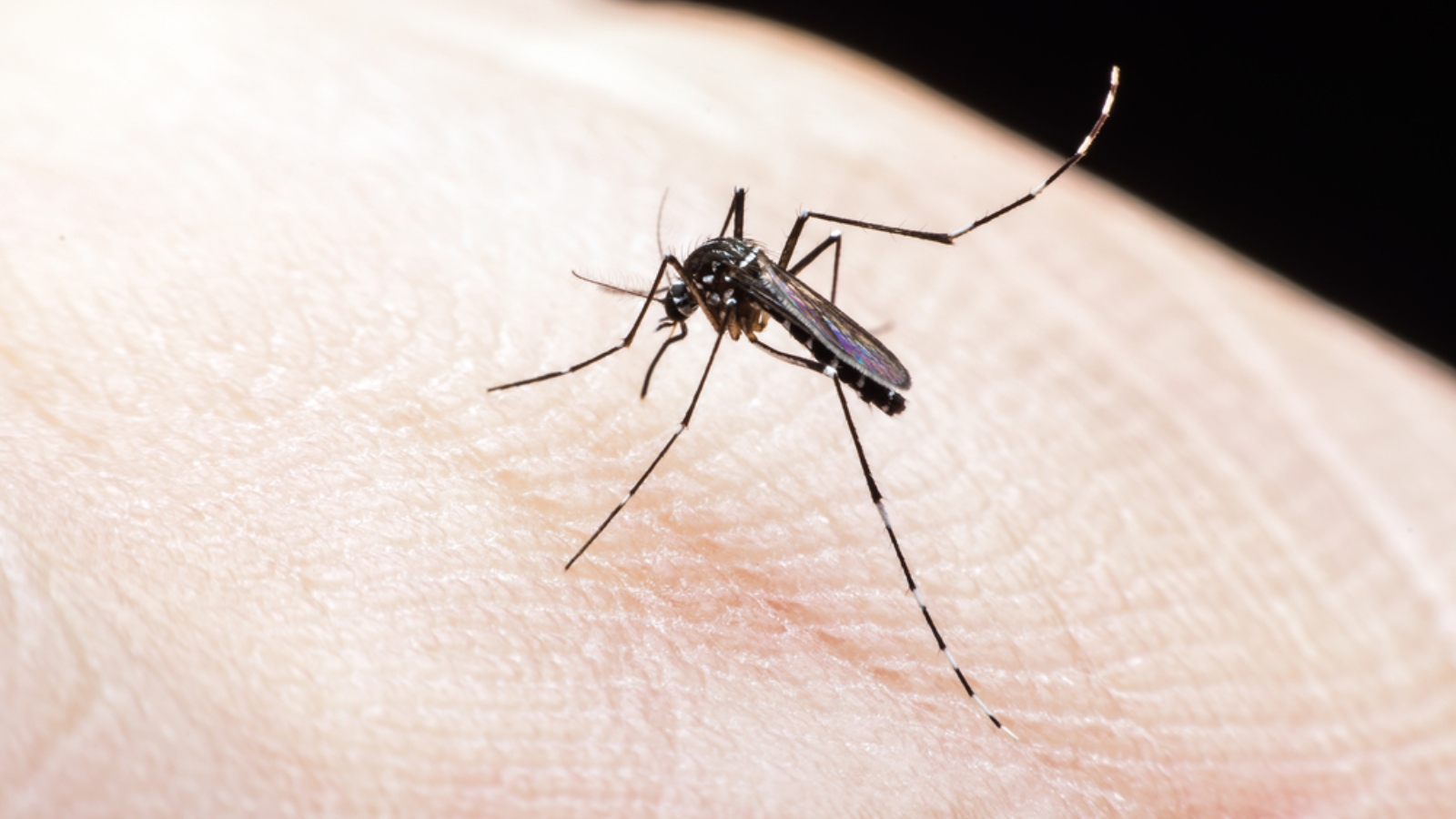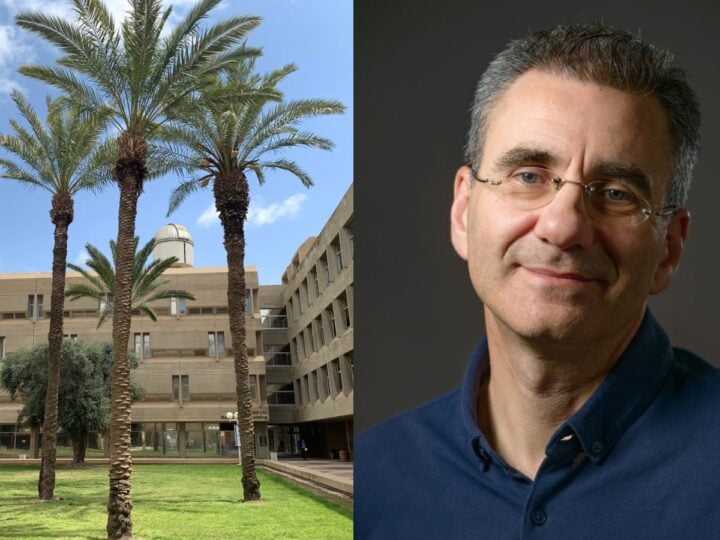Mosquitos aren’t only pesky insects that suck your blood and make you scratch. They are airborne carriers of serious diseases from malaria to Zika.
Because mosquitos congregate around water, and spraying water sources with pesticides is not possible, eradication is difficult.
Student biologists from Ben-Gurion University of the Negev have found a genetically engineered solution – have the males transfer to the females a specific type of bacteria that poisons mosquito larvae.
This novel solution was found as part of the recent iGEM Competition, an international team competition to promote synthetic biology. BGU’s team, dubbed FlyGEM, found that previous BGU research had discovered bacteria in the mosquito’s gut called BTI. When activated, BTI produces a poison that only kills mosquito larvae.

https://2019.igem.org/Team:BGU_Israel
FlyGEM tweaked the male mosquito’s gut microbiome to express BTI and then sent it off to find and mate with females. The females transfer the bacteria on the eggs, and when the larvae are born, most of them die. The remaining larvae eat the dead ones, and then die themselves.

Since the poison comes from the mosquito’s own gut and is only lethal to other mosquitos, the students feel they have discovered a delivery mechanism that far surpasses pesticides.
A patent application has been filed through BGN Technologies, the University’s technology-transfer company.
The FlyGEM team is advised by Prof. Lital Alfonta and Dr. Ramon Birnbaum of the department of life sciences. The students also consulted Prof. Uri Abdu and Prof. Emeritus Arieh Zaritsky of the department of life sciences and Dr. Ido Tzurim and Prof. Eitan Ben-Dov of Achva College in southern Israel.
Team leader Mey Tal Banar said it’s “a targeted, innovative method that could replace the current methods of global mosquito control.”
Alfonta added, “After a further pilot project in urban areas to test out our method, there is a good chance that this will become humanity’s next biological pest control method. For now, we have focused on a single type of mosquito, Aedes aegypti, [which can spread dengue fever, chikungunya, Zika fever, Mayaro and yellow fever], but we have the ability to target other disease-carrying mosquitoes.”

















